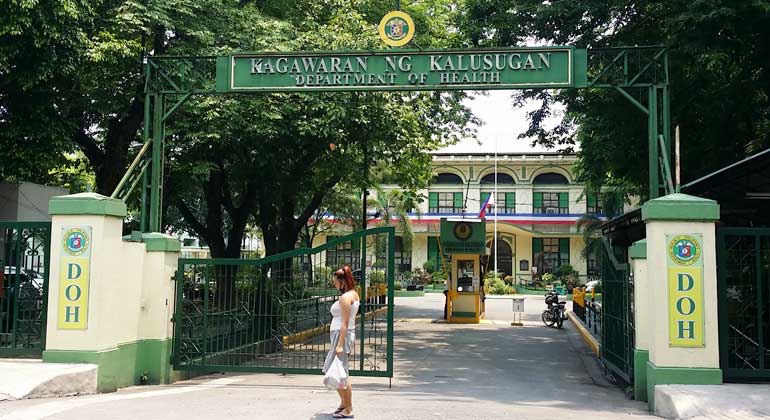
THE DEPARTMENT of Health (DoH) reported 2,180 coronavirus infections on Thursday, bringing the total to 296,755.
The death toll rose to 5,127 after 36 more patients died, while recoveries increased by 580 to 231,928, it said in a bulletin.
There were 59,700 active cases, 86.6% of which were mild, 9.2% did not show symptoms, 1.3% were severe and 2.9% were critical.
Metro Manila reported the highest number of new cases with 802, followed by Laguna with 292, Batangas with 152, Cavite with 144 and Negros Occidental with 87.
Of the new deaths, 15 came from Metro Manila, seven each from Western and Central Visayas, and two from the Calabarzon region, the agency said.
The Ilocos Region, Central Luzon, Zamboanga Peninsula, Soccsksargen region reported one death each. One returning migrant worker also died, it said.
More than 3.2 million people have been tested for the virus, DoH said.
Meanwhile, business groups asked the government to suspend the Data Privacy Act, which protects patient confidentiality during the pandemic, to save part of the P5-billion budget for contact tracing.
“Reverse the process by encouraging infected people to come out in the open,” four business groups said in a Sept. 21 letter to an inter-agency task force against the coronavirus.
“We emphasize that COVID is not a disease that we should be ashamed of. In fact, we need to treat voluntary disclosures as heroes and life savers.”
Representatives from the Philippine Chamber of Commerce and Industry, Philippine Silk Road International Chamber of Commerce, Employers Confederation of the Philippines and Philippine Exporters Confederation, Inc. signed the letter.
They said P1 billion in funding could instead go to repurposing schools in Metro Manila as quarantine facilities.
National Privacy Commissioner Raymund E. Liboro in a statement said there was no scientific basis backing the naming of infected individuals as an effective public health response.
“Science and medical ethics dictate that publicly naming COVID-infected individuals does not help in decreasing the transmission of infection and is counterproductive,” he said.
He said data privacy helps build trust with patients, who will then provide more accurate information.
“The call by certain business quarters to suspend the Data Privacy Act to publicly identify COVID-positive individuals is anti-poor, bereft of science and ethics,” he added. — Vann Marlo M. Villegas and Jenina P. Ibanez
